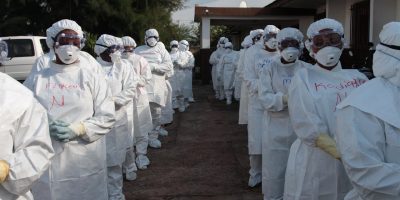Search
Search within
1447 results found
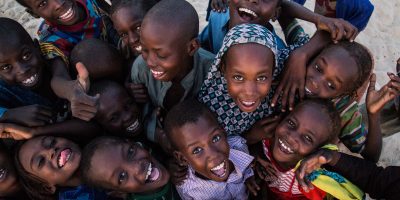
Briefing
After the End of Disease: Rethinking the Epidemic Narrative
In conversations with people living with polio in Hungary, I often encountered members of the tight-knit community referring to themselves as “dinosaurs”. We are a breed that is about to die out, they said. Nobody gets polio anymore, some added,…
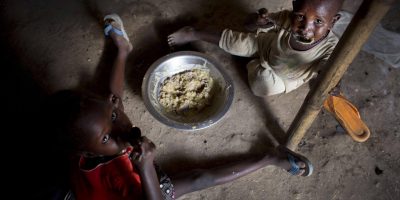
Evidence review
The Limits of Rations and Cash for Food Programs: Food Related Illness in The Gihembe Refugee Camp
Since the implementation of the mVisa program, refugees overwhelmingly believe malnutrition rates are as high as they have ever been in Gihembe, that the same illnesses abound, but that there is less excrement – or watery diarrhea – visible in…
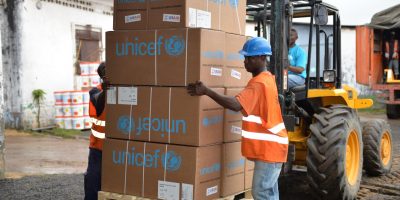
Evidence review
Storage and Stockpiling as Techniques of Preparedness: Managing the Bottlenecks of Flu Pandemics
In the last twenty years, influenza has been considered by global health experts as a model for the emergence of new pathogens from animal reservoirs. In the logic of zoonoses, human disease is the tip of the iceberg constituted by…
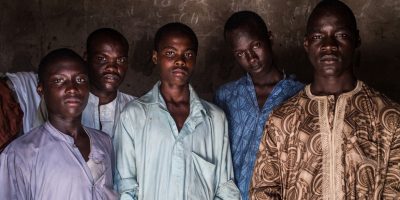
Evidence review
Gold Mining Pollution and the Cost of Private Healthcare: The Case of Ghana
To attract greater levels of foreign direct investment into their gold mining sectors, many mineral-rich countries in sub-Saharan Africa have been willing to overlook serious instances of mining company non-compliance with environmental standards. These lapses in regulatory oversight and enforcement…

Evidence review
Impact of Post-Conflict Development Interventions on Maternal Healthcare Utilization
We evaluate the effectiveness of a post-conflict development programme on maternal health-care utilization in the Chittagong Hill Tracts of Bangladesh. Our work varies from conventional impact evaluation studies because of the inclusion of two post-conflict psychosocial risks: the household’s actual…
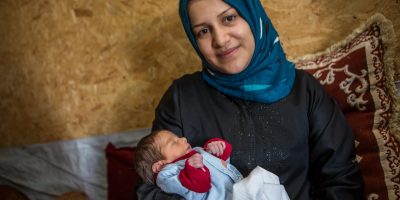
Briefing
Responding to Crises: What Can We Do? What’s Next?
Although sometimes over used, the word ‘crisis’ accurately describes many challenges of today’s world, such as climage change, war and refugees, economic volatility, pandemics, and the continuing unmet needs of the poor, hungry, and neglected. While much has been achieved — in…
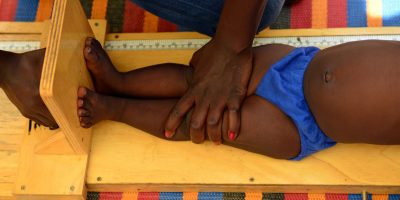
Briefing
NCDs in Humanitarian Crisis
Access to essential medications, such as insulin, must be improved and the impact of NCD preventive activities and preparedness for crisis further addressed. Although this seems an insurmountable task, the impressive progress that has been made in the management of…

Blog
What does a decade of social sciences research tell us about health?
This blog relates to the Evidence Synthesis Research Award report and summary across health related research, from 122 research grants.
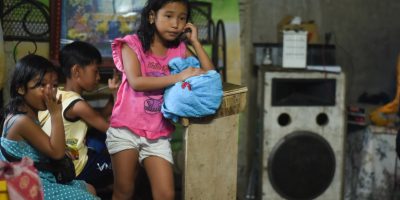
Briefing
Understanding the Effect of Conflict on People and Households
During the last decade, there has been a particular focus of research on the economic and social impact of conflict. The evidence that has emerged shows that armed conflict takes a heavy toll on development and the welfare of the…
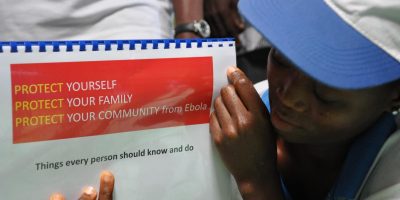
Evidence review
Using Media and Communication to Respond to Public Health Emergencies: Lessons Learned from Ebola
Failings during the early months of the Ebola outbreak caused the epidemic to become an unprecedented health crisis in West Africa. This cannot be repeated.

Evidence review
Coming of Age: Communication’s Role in Powering Global Health
Communication has been a consistent current running through many major health developments of recent years. And yet, despite the demonstrated promise of communication as a tool for improving public health, not enough has been done to date to capitalise upon…



